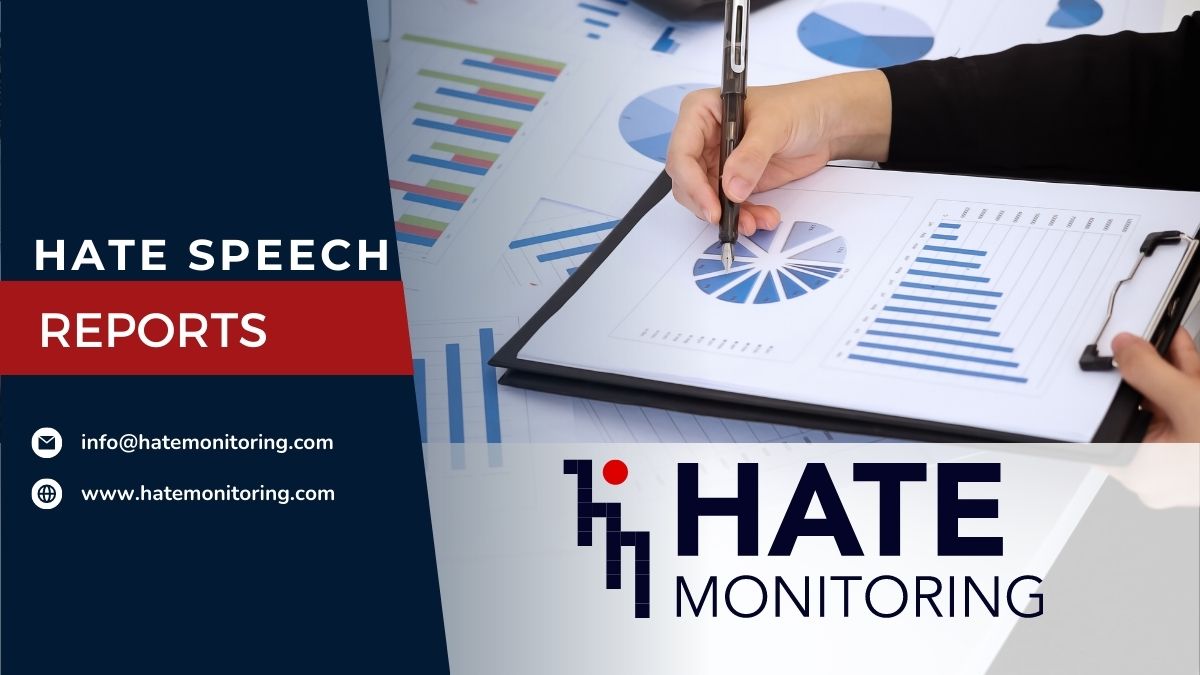Incident Information
Date of Incident: August 6, 2023
Location of Incident: Turkey
Identifying information of Perpetrator(s) Muhammed Tayyar Türkeş, Chairman of the Executive Board of Sancaktar Holding
Source: https://twitter.com/tayyarturkes/status/1688241597371084805
Hate Speech Analysis
Transcription of the hate speech statement: ‘The fight against these traitors must continue until the last “#fetö’’ member” dies! (’Son ‘’#fetöcü’’ ölene kadar bu hainler ile mücadeleye devam edilmelidir.!)’’
Target group(s) of the hate speech: The hate speech in this news is directed against the members of Gülen movement.
Justification of the hate speech: There is no justification for hate speech. Hate speech is generally rooted in prejudice, intolerance, and a desire to demean or harm individuals based on their true or perceived affiliation, characteristics or beliefs.
Analysis of the hate speech statement: The perpetrator refers to Gülen movement and its members because the perpetrator uses the term ‘FETÖ’ in his statement. It is important to acknowledge that “FETÖ” is a derogatory label used by the Turkish government to stigmatize and marginalize followers of Fethullah Gülen, a Turkish Islamic scholar residing in the United States. The deliberate usage of this term on news perpetuates negative stereotypes and contributes to the stigmatization of individuals associated with the Gülen movement. It is important to recognize that hate speech targets specific groups or individuals based on their characteristics, affiliations, or beliefs, and serves to demean, marginalize, or incite hatred towards them. By employing the term “FETÖ” to refer to individuals allegedly affiliated with the Gülen movement, the statement contributes to the amplification of discriminatory and harmful rhetoric. Such language further reinforces negative perceptions, fuels social division, fans the flame of hatred and can lead to the marginalization and discrimination of the targeted group. The use of inflammatory language in advocating for the relentless pursuit of a specific group’s elimination, as seen in the statement, poses significant societal risks. Such rhetoric can heighten tensions, potentially incite violence, and hinder constructive dialogue, thereby undermining the foundations of a peaceful and inclusive society.
Contextual information: Hate speech is a part of Muhammed Yaşar Türkeş’s statement and publicly targets the Gülen movement. The term “FETÖ” is a derogatory term used by the Turkish government to describe the Gülen movement, which it considers a terrorist group responsible for the failed military coup in July 2016. The movement’s leader Fethullah Gülen, who lives in the United States, denies that the Gülen movement had anything to do with the coup attempt. The European Union and the United States have refused to adopt Turkey’s views on the group. The content of the statement shows the potential misuse of the term “FETÖ” to label and stigmatize people associated with the Gülen movement.
On September 26, 2023, the Grand Chamber of the European Court of Human Rights delivered its judgment in Yüksel Yalçınkaya v. Turkey. In the judgment, the court ruled that Turkey had violated Articles 6, 7 and 11 of the European Convention on Human Rights and that it was unlawful to prosecute the Gülen movement and its members as terrorist organizations and members of terrorist organizations on the grounds of using the Bylock application, having a Bankasya account and being a member of an association. In the verdict, the court emphasized that there were systematic problems in the evaluation of the evidence regarding the use of the Bylock application, which the judges voted 16 to 1.
After more than four mounth the court ruling, Ali Koç’s hate speech targets members of the Gülen movement or people allegedly linked to the movement, is ignoring paragraph 268 of the ECtHR’s Yüksel Yalçınkaya v. Turkey judgment, which emphasizes that no one should be subjected to arbitrary prosecution, conviction or punishment, and that the material guarantees of legal certainty must be met regardless of the material basis of the crime.
The ECtHR found a violation of Article 7, stating that the charges of membership of a terrorist organization against members of the Gülen movement violated the principle of no crime without law.
Conclusion
Ali Koç’s statement contains hate speech due to the use of the pejorative term “FETÖ” to refer to individuals associated with the Gülen movement. Hate speech targets specific groups or individuals on the basis of their characteristics, affiliation or beliefs and serves to demean, marginalize or incite hatred towards them. The use of such hate speech perpetuates negative stereotypes, contributes to the stigmatization of individuals and fosters an environment of discrimination and social division. It is crucial to recognize the harmful effects of hate speech and to promote responsible journalism that upholds the principles of equality, fairness and respect for all individuals, regardless of their affiliation or background.
